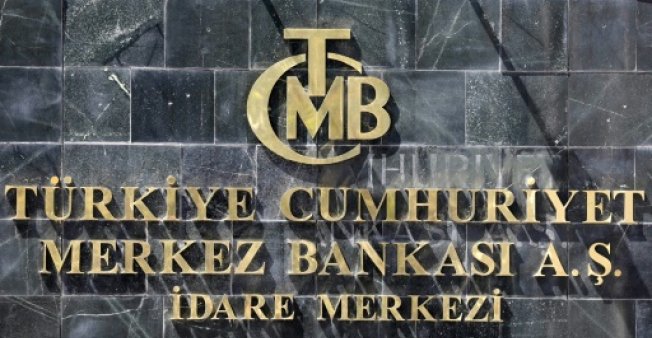Inflation in Turkey fell back last month after hitting a 15-year high in October, official statistics showed Monday, increasing the likelihood of an interest rate cut in the months ahead.
The rate of increase in consumer prices fell to 21.62 percent in November compared with the same month last year, still well above the central bank target of five percent but down from October’s 25.24 percent rate, according to the Turkish statistics office (TUIK).
The drop — a 1.44 percent fall on October — was the first since March this year as the rate came in lower than the Bloomberg consensus forecast of 23 percent.
The fall reflects the effects of an aggressive rate hike in September when the central bank raised the one week repo rate 625 basis points to 24 percent.
Analysts speculated that Monday’s data could increase the likelihood of a rate cut in the coming months.
Turkish Finance Minister Berat Albayrak welcomed the data.
‘Downward trend will continue’
“This shows that the decline in inflation has begun strongly and that the downward trend will continue,” Albayrak tweeted.
The value of the Turkish lira — which has been rallying against the U.S. dollar since an Ankara-Washington spat ended last month — initially firmed after the announcement, gaining one percent against the greenback in early trading.
But by 1115 GMT the lira had fallen to 5.21 against the dollar, a 0.1 percent loss on the day.
Earlier this year, the lira fell sharply amid tensions between Turkey and NATO ally the United States and worries over President Recep Tayyip Erdogan‘s economic policies.
But recent weeks have brought improved relations with Washington and that, coupled with indications Ankara will follow economic orthodoxy, has seen the lira firm from below six against the dollar.
At one point in August, the lira was trading at seven to the U.S. unit.
The Turkish government has promised to fight inflation with a series of measures, including encouraging voluntary price cuts by businesses.
Inan Demir, economist at Nomura, said the monthly data were “heavily affected” by cuts in special consumption taxes on motor vehicles, white goods and furniture.
But Demir warned that inflation could rise again in the first quarter of 2019 after the tax cuts end.
Albayrak said Turkey would continue to support “strong” monetary and financial policies.
Jason Tuvey, senior emerging markets economist at London-based Capital Economics, said that political pressure on the central bank to loosen policy was “likely to mount”.
Erdogan often rails against rates, describing them as the “mother and father of all evil” and going against economic orthodoxy to say high rates cause high inflation.
Tuvey said there was a “growing risk that policymakers decide to loosen policy even earlier, and more aggressively, than we currently anticipate”.
He added that Capital Economics predicted the one-week repo rate would be 20 percent by the end of 2019 with rate hikes “now completely off the table.”
Turkey To Be Among Eight Countries Exempt from US Oil Sanctions on Iran




Comments are closed.